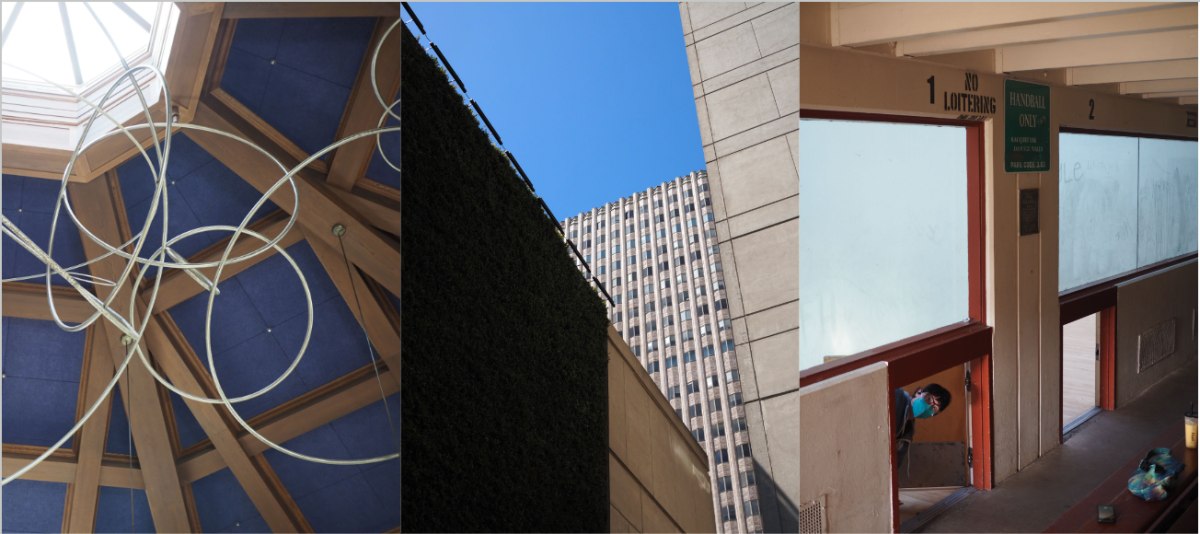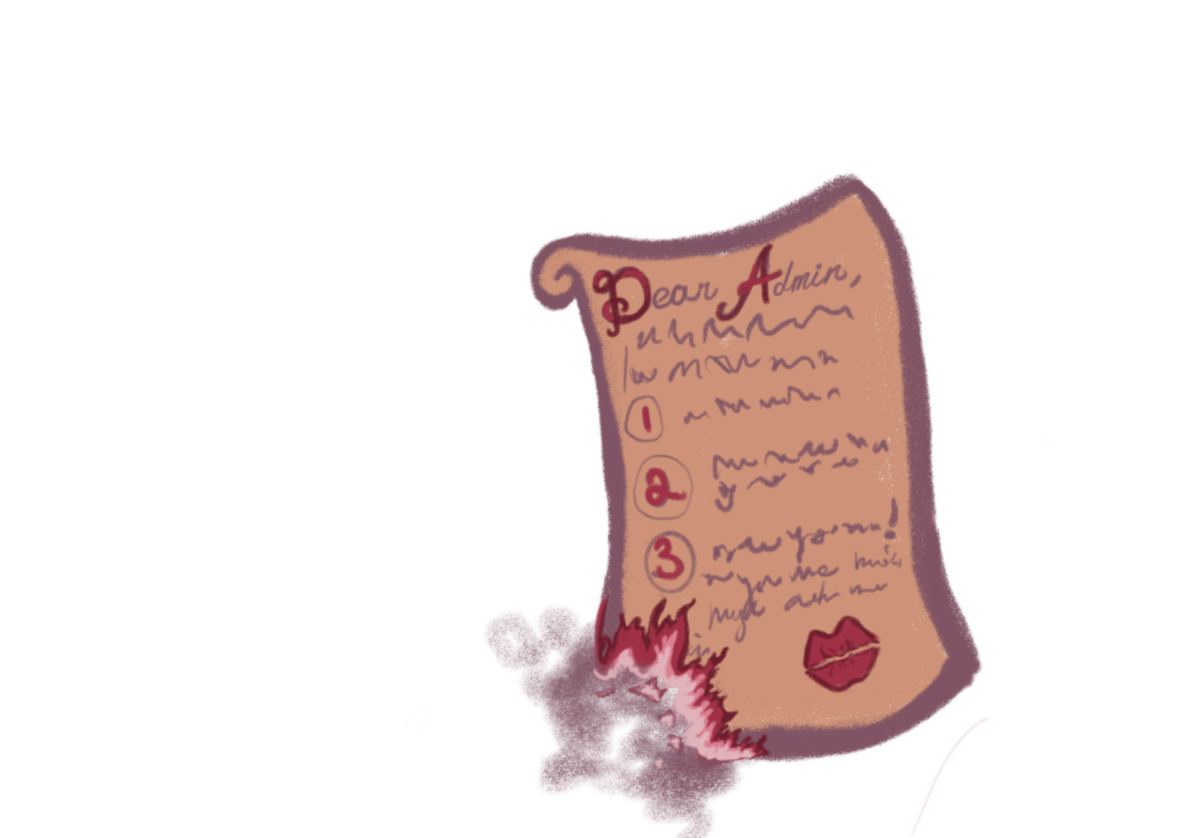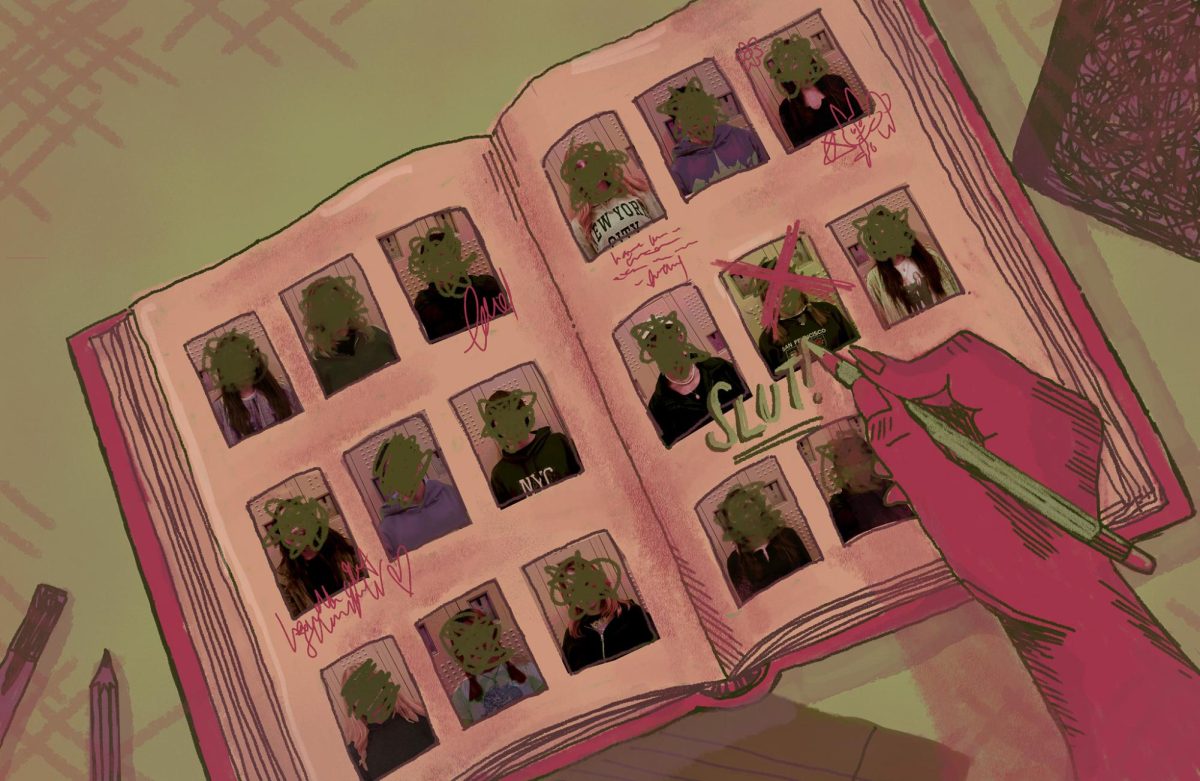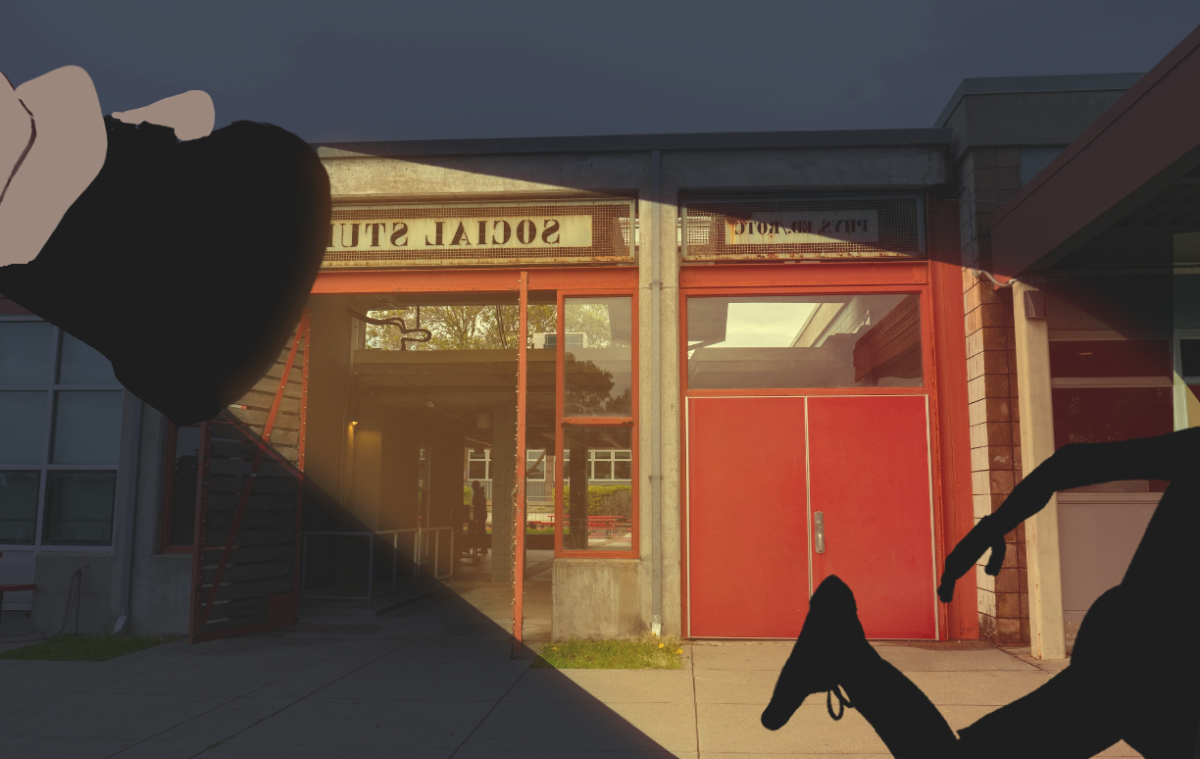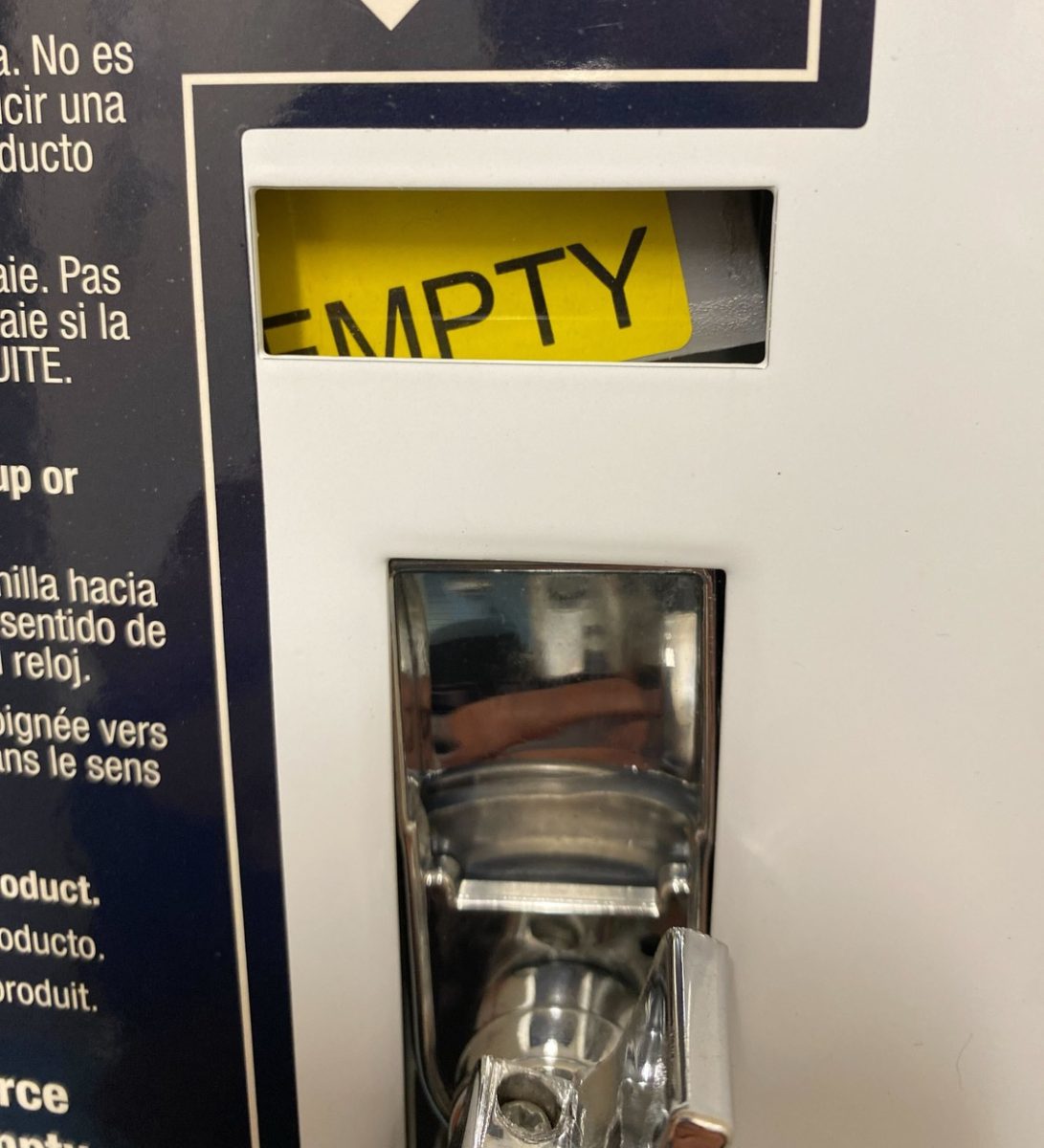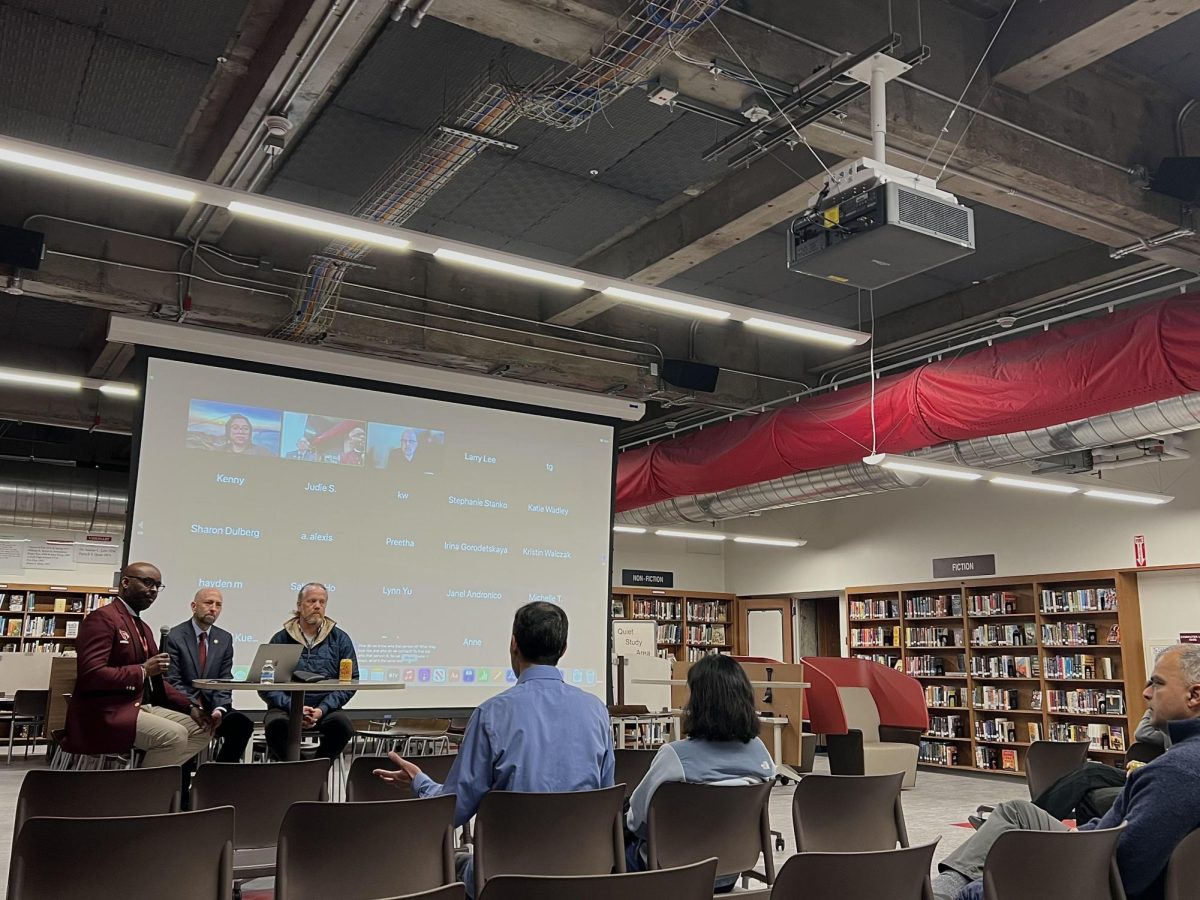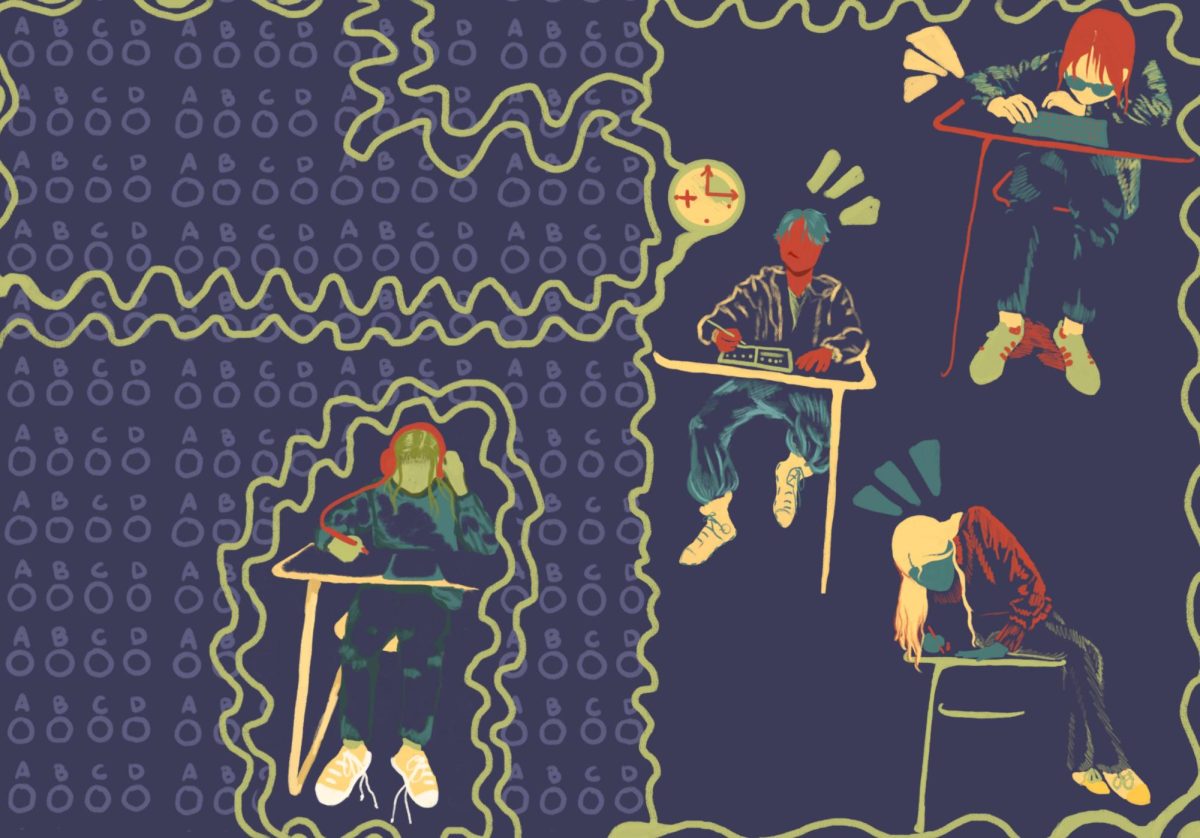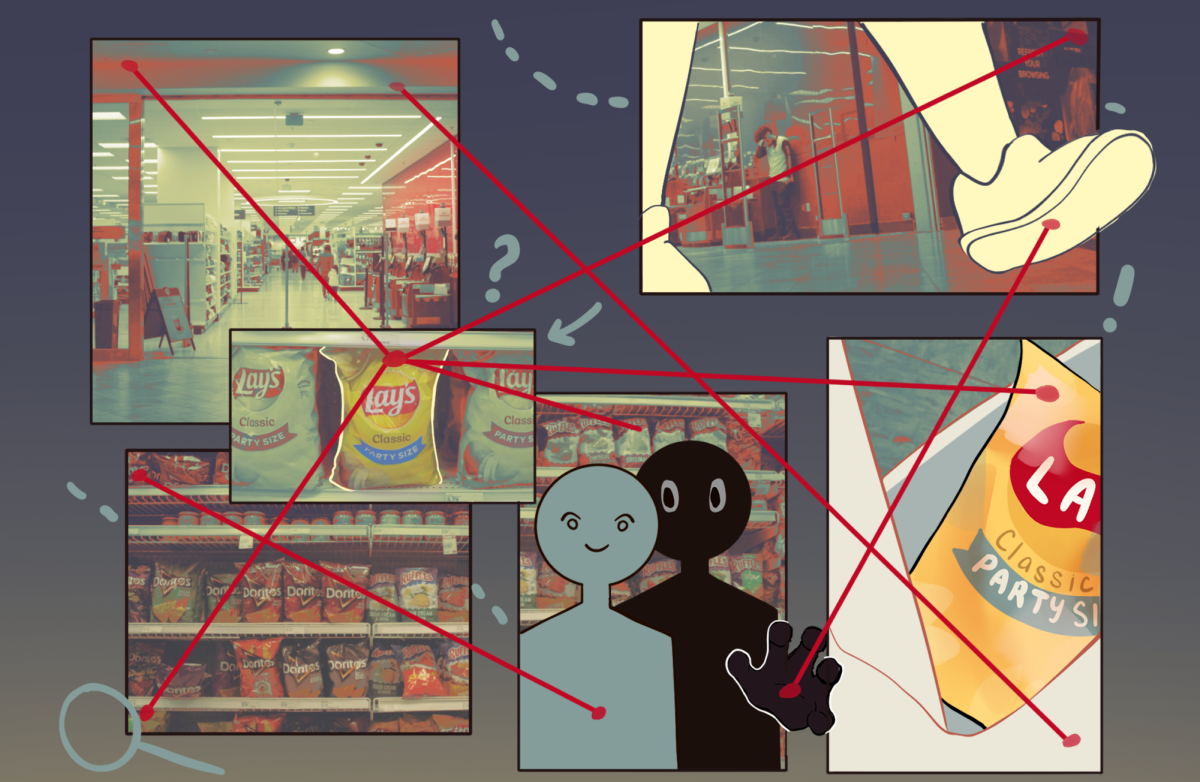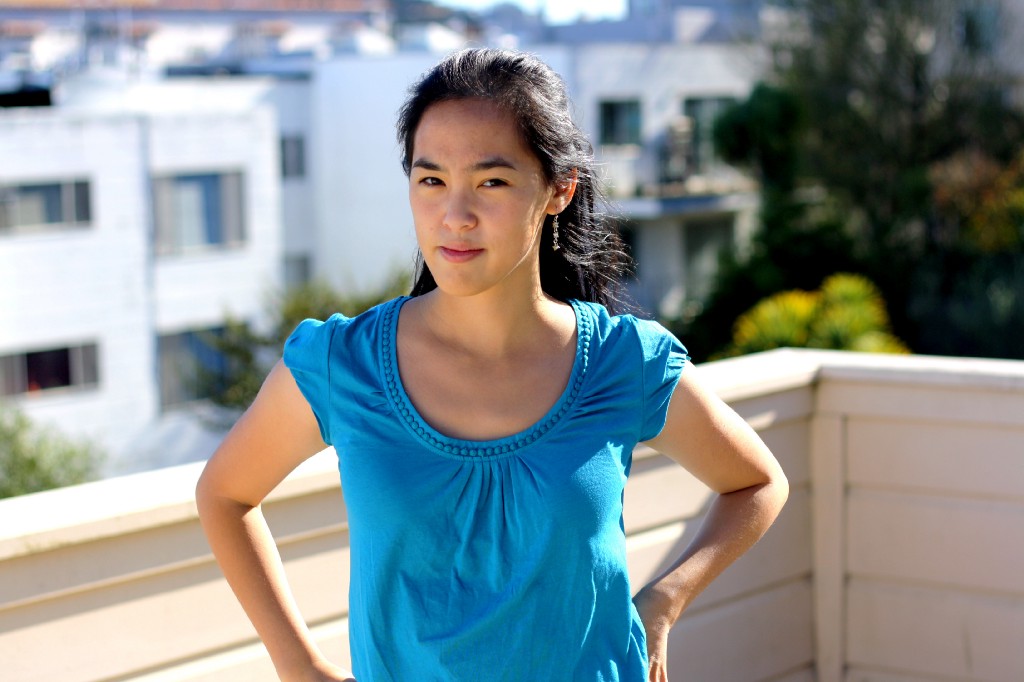
The National Arts Club, founded in 1898 by linguist Charles De Kay and a group of patrons in New York City, serves as a gathering place for artists. Recently, the National Arts Club announced Lowell’s Class of 2003 alumna Lauren Yee as the recipient of the 2017 Kesselring Prize. Yee is the first Chinese- American playwright to receive this honor. She received $25,000 in addition to a two-week residency at the club on Nov. 5.
The Kesselring Prize was established in 1980 to honor and support young playwrights who are yet to be nationally recognized. Yee and her winning play, The Great Leap, were nominated by the Atlantic Theatre Company, an Off-Broadway non-profit theater located in New York City.
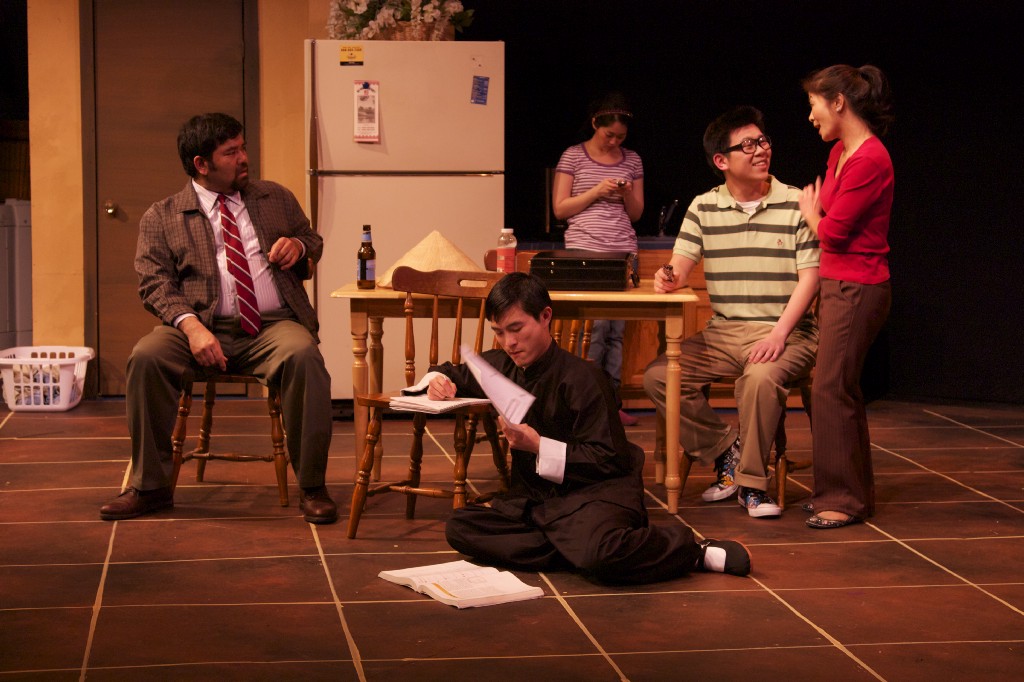
The Great Leap tells the story of an American college basketball team traveling to China for an exhibition game in 1989. The tension on the court accompanied with the political sensitivity of that period intensifies the story’s plotline and redefines the story with a more complex meaning than a simple sports story. While the play is a piece of fictional work, many parts of it are, in fact, inspired by Yee’s father who was an amateur basketball player back in his earlier days. In 1981, Yee’s father even gained an opportunity to play an expedition game in China for two weeks. This is, however, only one of the many stories her father told her while she was growing up. Based on this familial influence, Yee started drafting The Great Leap and “imagined what the experience must have been like,” she said.
The writing process wasn’t smooth. The first challenge Yee encountered was her unfamiliarity with basketball. To overcome this, she would watch many games on the Internet just to immerse herself in the world of this sport. What complicated the process more was the visualization of the setting. This is a common issue she faces in writing each new play, but The Great Leap is especially demonstrative. “The play was set in Beijing in the ’80s, where it is a space in time that I don’t know and cannot picture very well,” Yee said. During the research process, she not only had to study the background from a “historical point of view” but also from “an average person.” After all, this is a life story, not a documentary, according to Yee.
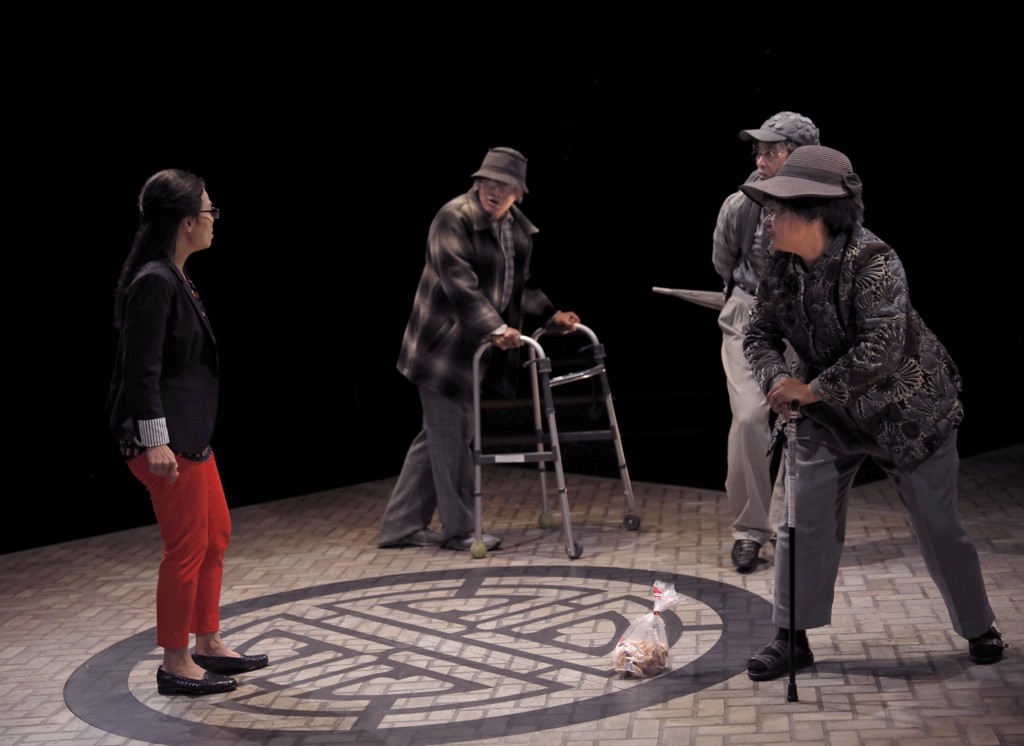
“There is this sense of distance between where we started and where we are today which I think is something that every American family goes through.”
In the beginning of writing the play, Yee spent most of her time creating dialogues to establish relationships between the characters. To nurture her script with more realistic elements, Yee collected first-hand accounts by interviewing her father. “It was amazing to hear him to talk about that part of his life,” Yee said. “When he talked about that time, I think he had a sense of confidence and swagger that I don’t normally see in my father during the present days.”
After graduating from Yale in 2007 with a degree in English and theater studies, Yee went on to earn her M.F.A. in playwriting from UC San Diego. Her first professionally produced play, Ching Chong Chinaman, depicts a story between an assimilated Chinese-American family and an indentured servant they obtained from China. The New York Times remarks Yee’s insights into the assimilated family life as “astute” and “well explored.”
Although Ching Chong Chinaman is only “the first step” in her “rock climbing” journey of playwriting, as she describes in an interview with Yale Daily News, the play has proved to be more than a step forward. The play has received a total of eight awards and selected to be published in the 2011 Asian American Plays for a New Generation anthology.
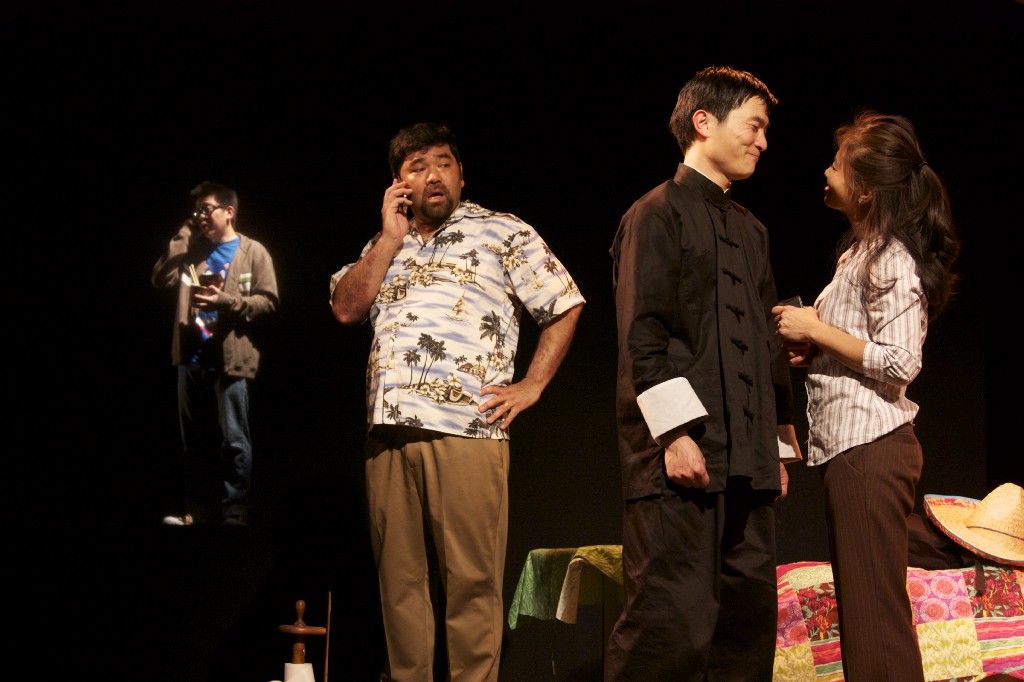
Yee’s experience of growing up in San Francisco has been a driving source of her inspirations. A few years after the production of Ching Chong Chinaman, Yee wrote another play called King of the Yees. This play is a reflection of her relationship with her father and San Francisco’s Chinatown, Yee said. While King of the Yees might be viewed as a culturally specific piece, Yee said it “does not necessarily give you a window into the culture in China.” Instead, the story focuses on examining the connection between the current generation of Asian-Americans and their past. “There is this sense of distance between where we started and where we are today,” Yee said, “which I think is something that every American family goes through.”
For future productions, Yee looks forward to incorporating new elements such as music into her plays. Recently, she has started a collaboration with a Los Angeles-based rock band on one of her new pieces. “I find that’s thrilling because I think [the music] really elevates the work and in a way gives people a new feeling,” Yee said. “So that’s something I’d love to explore more.”




